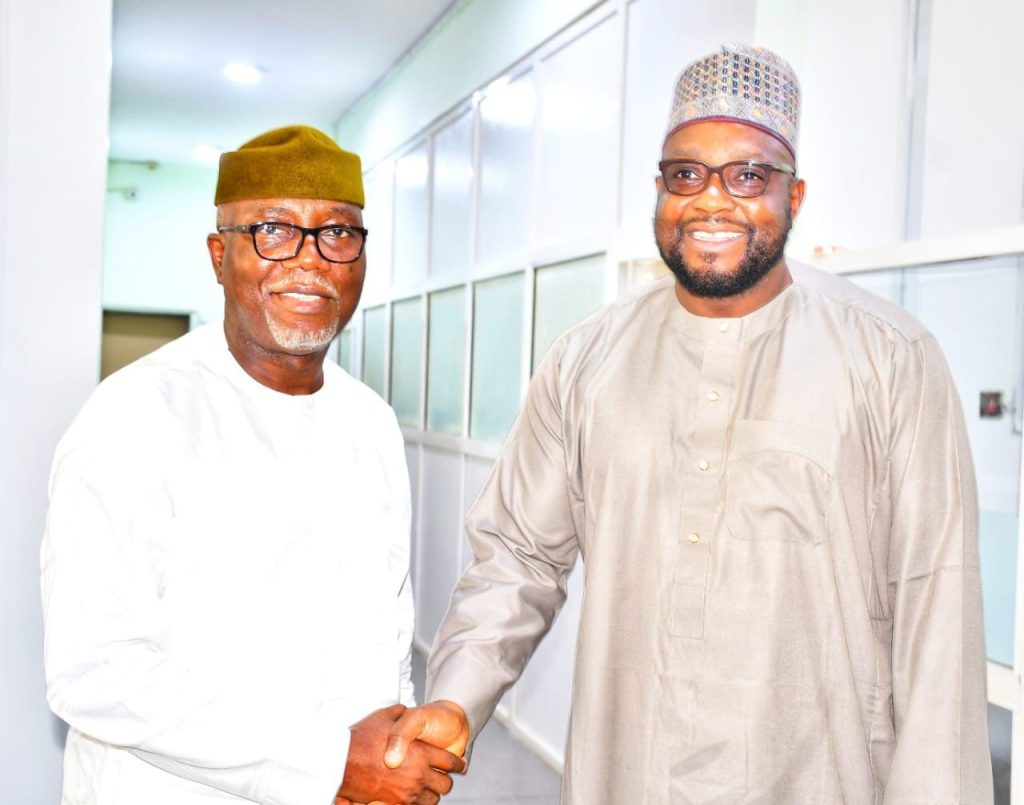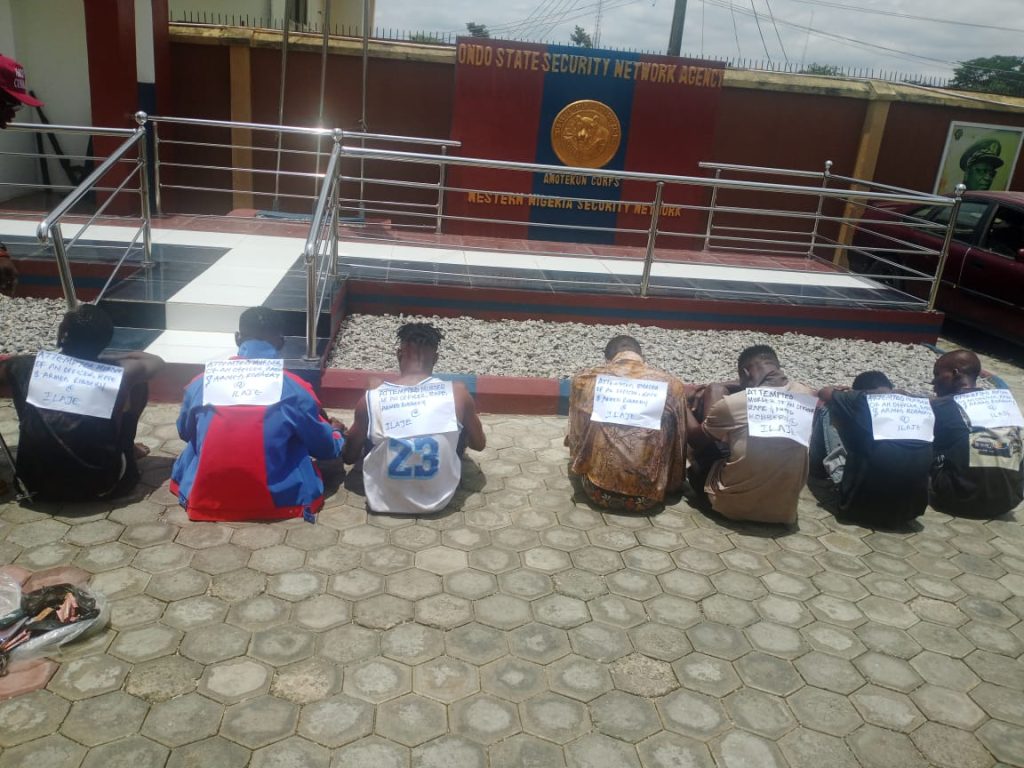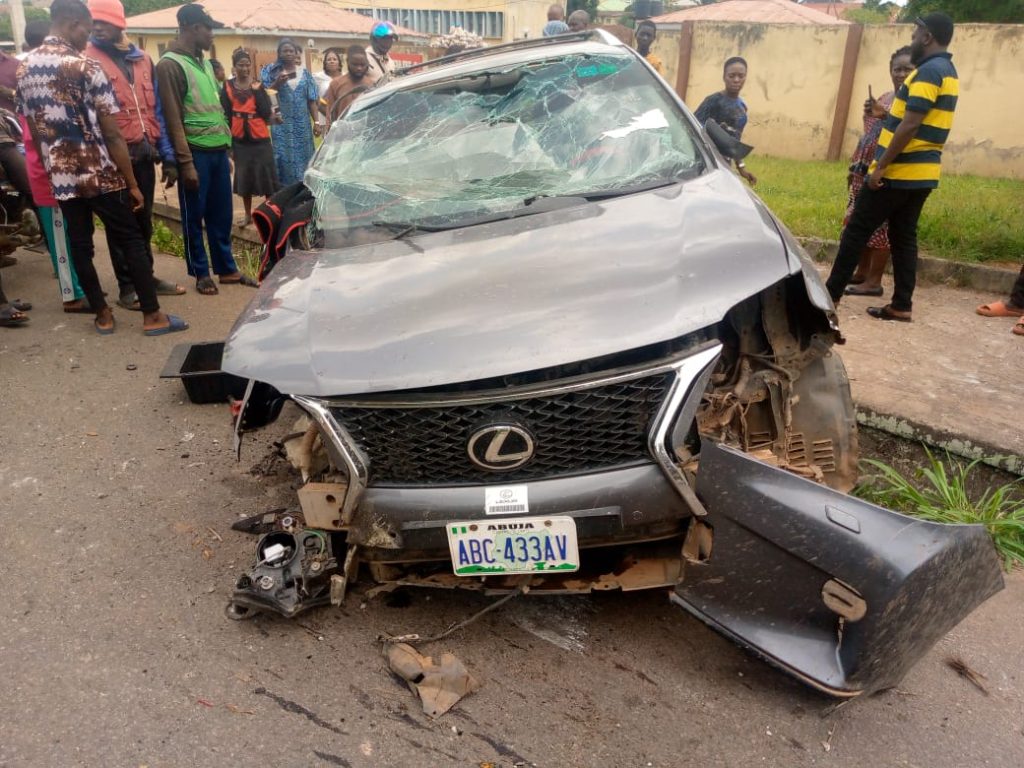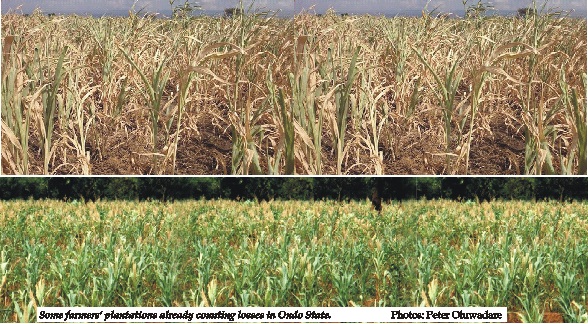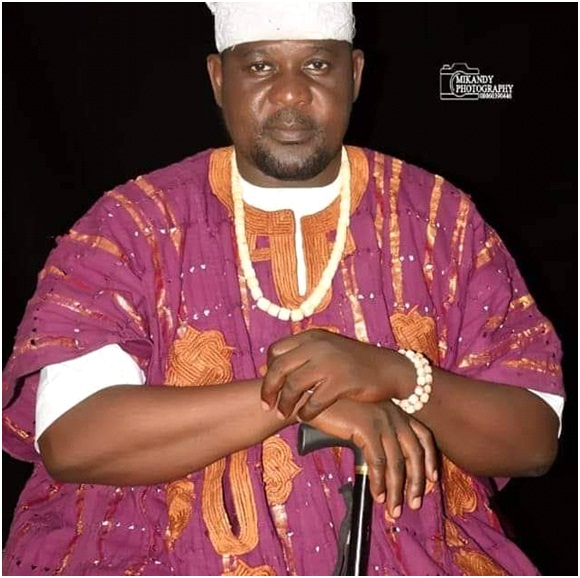Questionable legality and constitutional illegality
By Busuyi Mekusi
|
The global space remains a huge allotment, created by an external being for human annexation and occupation. The creator of the universe must have been so gratuitous in allowing individuals and groups take over the old large space without any verifiable certificate of occupancy given to them. Ownership of space would continue to be contentious, even now that ownership documents are being generated to exclude others from taking advantage of the earth surface that was not created by any human initiative.
Like I argued before, who are the sons of the soil, indeed? Age-long human movements, migratory exploration and exploitation, have steadily engendered shifting spatial ownership, due to aggression, resistance, and unmitigated quest. Villages, towns, cities, and nations exist in a physical location and ascribe ownership, when the processes that led to such a placement were fraught with deliberate manipulations. Your claim to any physical space is a misnomer, because the legitimacy of your ascription is as limited as the size of the portion you would get, invariably at death. The generic man is involved in unending movements today due to irresistible innate push, economic reasons, voyage, political expansionism, distress, crisis-induced internal displacement, etc.
The uniqueness of explorative movements to a country like South Africa are illustrative of the various commercial and ambitious reasons the place became a melting pot to the British, Afrikaners, indenture Indians and the indigenous Khoi-Khoi and San groups, who were itinerant wonderers, eking a living for themselves from farming and pastoral activities. The contemporary tensions and hiatus in Nigeria were preceded by the histories of Slave Trade, economic exploitations, religious annexations and political bifurcation. The linguistic and cultural emasculations on the continent of Africa by Europeans and Arabians form parts of the continuous endangering conflagrations in the country, with congenital idealistic prowess diluted in most outstanding ways.
Africa fluidly porous borders, particularly in the West Africa sub-region, do not just allow itinerant herders to move unrestricted, as allowed by the ECOWAS protocols, with bandits and terrorists catching in on the liberalised space to transport arms and ammunitions into the country, with which they achieve their calculated maiming and killing. Traceable to the continental turmoil are the post-Gadaffi turbulence in Libya. The unfortunate connection between this event and insecurity in Nigeria has been lamented endlessly by President Buhari, as if it would be right to cede the desired but unattained ‘Obaship’ of Africa to the self-styled Late Libyan President. Beyond these liabilities imposed by border shifts and infiltration, the centrality of Nigerians of Fulani extractions, and the peripatetic inseparability of this ethnic group in their unification across African borders, as well as the notoriety of Jihadist’s extermination and desperate configurations of fiefdoms on others ancestral lands, have repeatedly put serious strains on human relations in the geo-politically expressed Nigeria nation.
Whereas History has been systematically made unpopular, as part of forcing collective amnesia on Nigerians, whose younger generations can no longer benefit from the details of conquests, revolts and upstaging of oppressive leaders in the past, including the manipulative applications of religious books like the Bible and Quran, historical residues in Nigeria sufficiently capture how aggressions were planned, executed, and lands seized by voracious strangers. These violations were however resisted in some border towns like Oyo, which is one of the epicenters of the new rage between alleged Fulani-induced terror and annihilation. The evolution and metamorphosis of Igboho and others are good reminders of traditionally-inclined responses that greeted old confrontations, just that the new waves are enriched with sophisticated modernity.
Nigeria modern politics and the suspicions about Fulani hegemony, conceived through military and political powers, are unquestionably reinforced by atrocious rampaging killer-herders that have negatively christened Fulanis. The rage in the Middle Belt, and mostly some Southern States, are worrisome enough to have informed the Southern Governors’ Asaba-Declaration, that Garba Shehu, on behalf of the ‘amorphous Presidency’, qualified with the alias of “Questionable Legality”. The response of Arakunrin Akeredolu to Shehu’s tirade is bringing up the issue of constitutional illegality that presently guide actions of governments at the different levels in Nigeria. Apart from the apprehensions expressed by common citizens in their day-to-day conversations, the accusation of Garba Shehu as working for “extraneous interests” in the recounting statement of Akeredolu has taken the issue of citizenship mistrusts beyond beer-parlour mutations and hiatus. The British colonial heritage and culpability of privileging the North over the South are at the heart of the distrust, mistrust and emotional-physical skirmishes among various ethnic groups, accentuated by the cacophonies of marginalisation.
The recent hostilities in Gaza reverberates space annexation, European allocation, and Israeli-Palestinian crisis. The connection between Jews and Abraham’s Biblical injunction of leaving one’s familiar space for a new order similarly encases records of invasions, aggressions and dispossession. The modern Jewish displacement in the aftermath of the Holocaust and Second World War, following which the modern State of Israel was founded in 1948, symbolises the implications of mass physical rootlessness and dispersal. The proposal for the establishment of a Jewish homeland was said to have been conceived by the French Commander, Napoleon Bonaparte, in 1799, with European’s attempt to inscribe its presence in the Middle East, at a time when 3,000 Jews were living in Palestine. With the coinage of ‘Zionism’ by Nathan Birnbaum in 1885 to refer to the migration of Jews from Europe to Palestine, and the intention of Britain to establish a ‘buffer state’ in the Middle East, the British government’s Balfour Declaration of 9 November, 1917, formally declared support for the establishment of a national home for the Jewish people. The two-States-solutions that followed the protracted struggles against Jewish placement, presided over by the UN General Assembly through resolution 181, was a watershed. PMB must not assign spaces like the UN did!
With European bifurcation of Africa and sustained politico-economic exploitations of post-colonies, Nigeria has been described by many as mere geographical expression, and the 1999 Constitution constituting the illegality of national existence. Uneven privileges among citizens, and incongruity in State/Local Governments creations have tended central political power, revenue allocation, etc., negatively to favour some, at the expense of others. The quest for a people’s Constitution and the failed confab of the past would not diminish agitations, restiveness and alleged Fulanisation agenda that is fueled by the impunity and larger-than-life dominance of marauding herders. The worsening insecurity in the country and precarious national space are eliciting conversations and counter-narratives, such as the spare-parts sellers and killer-herders analogy of Malami. Malami failed to acknowledge that while one is oppressively brutish, the other is a commercial expansionist! More so, the Shasha/Sabo Hausa enclaves created across the nation are autonomous communities within communities.
As stiff oppositions confront Federal Government’s efforts to ‘allocate’ spaces to Fulani herders in other’s ancestral lands through the revival of Forest Reserves, RUGA, etc., the recent posturing of the Presidency suggesting ‘willing States’ is an acknowledgement of the legality of the decision of Southern Governors’ to ban open grazing. The Governors, just like the President, are constitutionally saddled with the responsibility of protecting their people, even while land and forest reserves are administered by them. The amorphous Presidency is relying on the deficient-self-negating 1999 Constitution, while some ethnic groups, political pretenders and others are calling for reforms, constitutional reviews or true federalism. Other ethnic extremists are calling for the dissolution of what they call an ailing contraption.
From all intent and purposes, while some might not want a national dialogue, it is apparent that an uncoordinated national conversation is on already, and the resolutions are that: Nigeria is sick; the present structure is deficiently weak; we either carry out a major restructuring or collapse the nation to rebuild it. Unlike the unavoidable Congo volcanic eruptions, the destructions caused by recent Israeli-Palestine hostilities, and the decision of UN to rebuild it, is not only self-serving, but patently ridiculous. Without prejudice to the outcome of the ongoing attempts by the national assembly to review the Nigeria 1999 Constitution, the deceptions about Nigeria existence must end now, as Southern Governors’ “Questionable Legality” is a child of Nigeria constitutional illegality.


